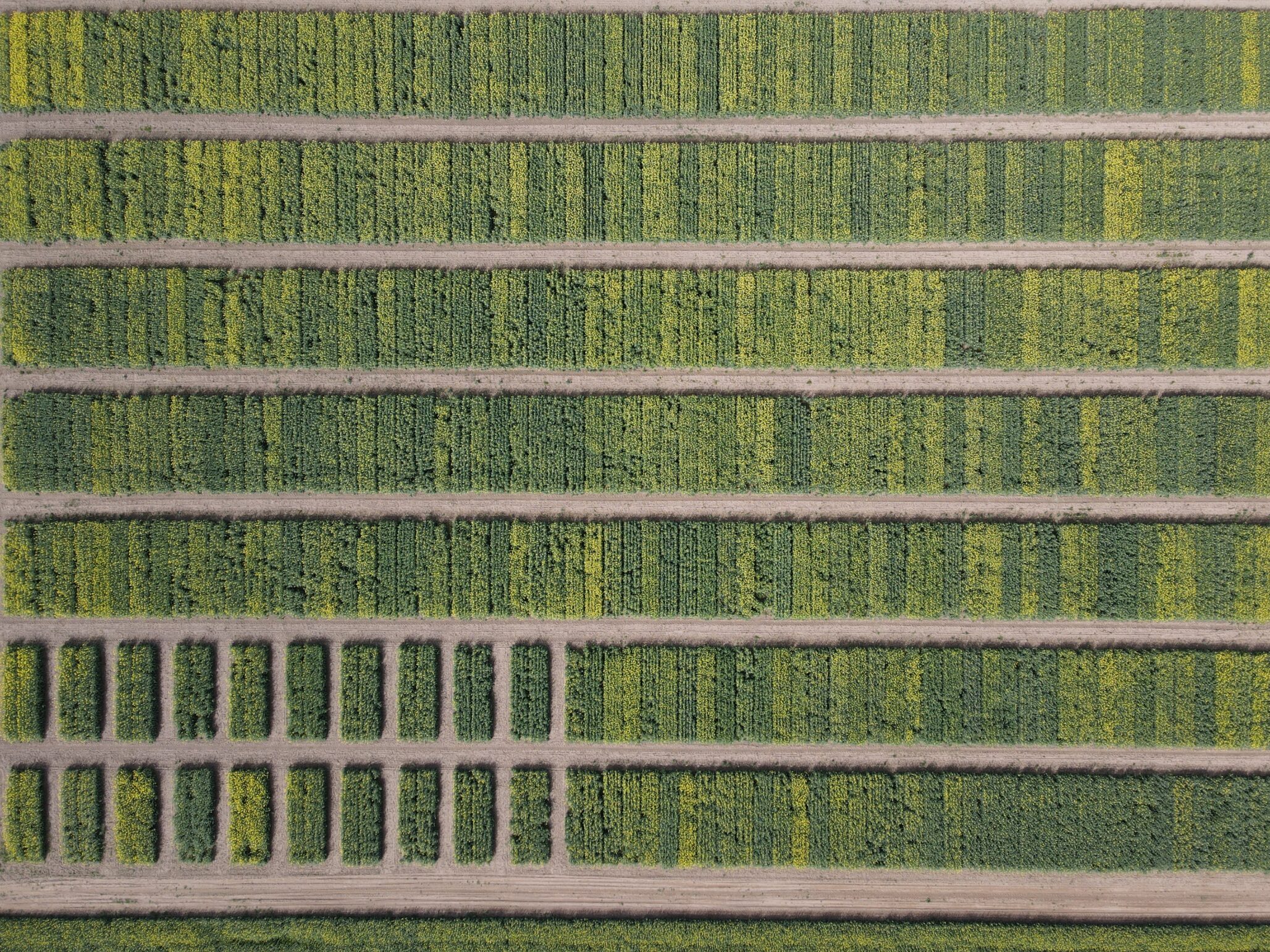Rapeseed, scientifically known as Brassica napus, offers numerous benefits to farmers beyond its role as an oil crop. It shows one of the best performances in carbon sequestration, acts as a good starter crop in improving fertilisations for subsequent crops and soil structure, reduces the fungicide pressure in the soil, and limits weed pressure, in particular for cereals.
Rapeseed encompasses wide traits and characteristics gathered in a plant. These include criteria in performance and quality but also tolerance to diverse biotic and abiotic stress. It requires a lot of effort to develop a variety with maximum performance and resilience taking into account all important criteria. By offering a diverse varietal portfolio, seed production companies like Lidea enable farmers to select rapeseed varieties that best align with their specific needs and preferences. At LIDEA, we have added new varieties from our genetic flow with Turnip Yellows Virus (TuYV) resistance in combination with tolerance aspects to answer to the demand of farmers who undergo the virus pressure on their fields in a sustainable way.
Another example, at Lidea we started with the varietal association of rapeseed with the PACK Protect solution. It utilizes a unique rapeseed varietal association to naturally protect rapeseed from pollen beetles. This innovative approach involves mixing the earliest rapeseed variety at the flowering stage, which attracts pollen beetles, with other rapeseed varieties. The early variety acts as a natural trap, diverting pollen beetles away from the main crop, effectively reducing pest pressure. By utilizing PACK Protect, farmers can minimize the need for chemical insecticides, promoting environmentally friendly pest management practices and reducing costs.
After that, we went even further with a valuable solution answering the new demand for better agronomic practices with the offer PACK Symbio. This offer maximizes the benefits of species interactions between rapeseed and cover plants, specifically Fenugreek and Ervil vetch. This association provides natural fertilization with nitrogen through the symbiotic relationship between the cover plants and nitrogen-fixing bacteria. The nitrogen-fixing capability of the cover plants reduces the dependence on synthetic nitrogen fertilizers, thereby promoting sustainable nutrient management and reducing production costs for farmers (up to 25-30 units). Additionally, the cover plants in PACK Symbio act as natural insect repellents, further enhancing pest management practices and reducing the reliance on chemical insecticides.
By incorporating Lidea’s innovative products, farmers can take advantage of the natural benefits provided by rapeseed and its associations. The varietal associations and innovative solutions not only optimize crop production and enhance profitability but also contribute to sustainable agriculture practices, environmental stewardship, and long-term success.
Rapeseed’s versatility and beneficial plant associations offer farmers a range of advantages, enabling them to optimize their agricultural practices and maximize their benefits. The diverse varietal options provided by seed production companies, including Lidea, empower farmers to select rapeseed varieties that suit their specific needs, improving productivity and market competitiveness. Innovative solutions like PACK Protect and PACK Symbio provide natural pest management and sustainable nutrient management options, reducing input costs and promoting environmental stewardship. By capitalizing on the versatility of rapeseed and its beneficial associations, farmers have true solutions to achieve long-term profitability and sustainable farming practices and thus adhere to the new challenges of the EU Green Deal









